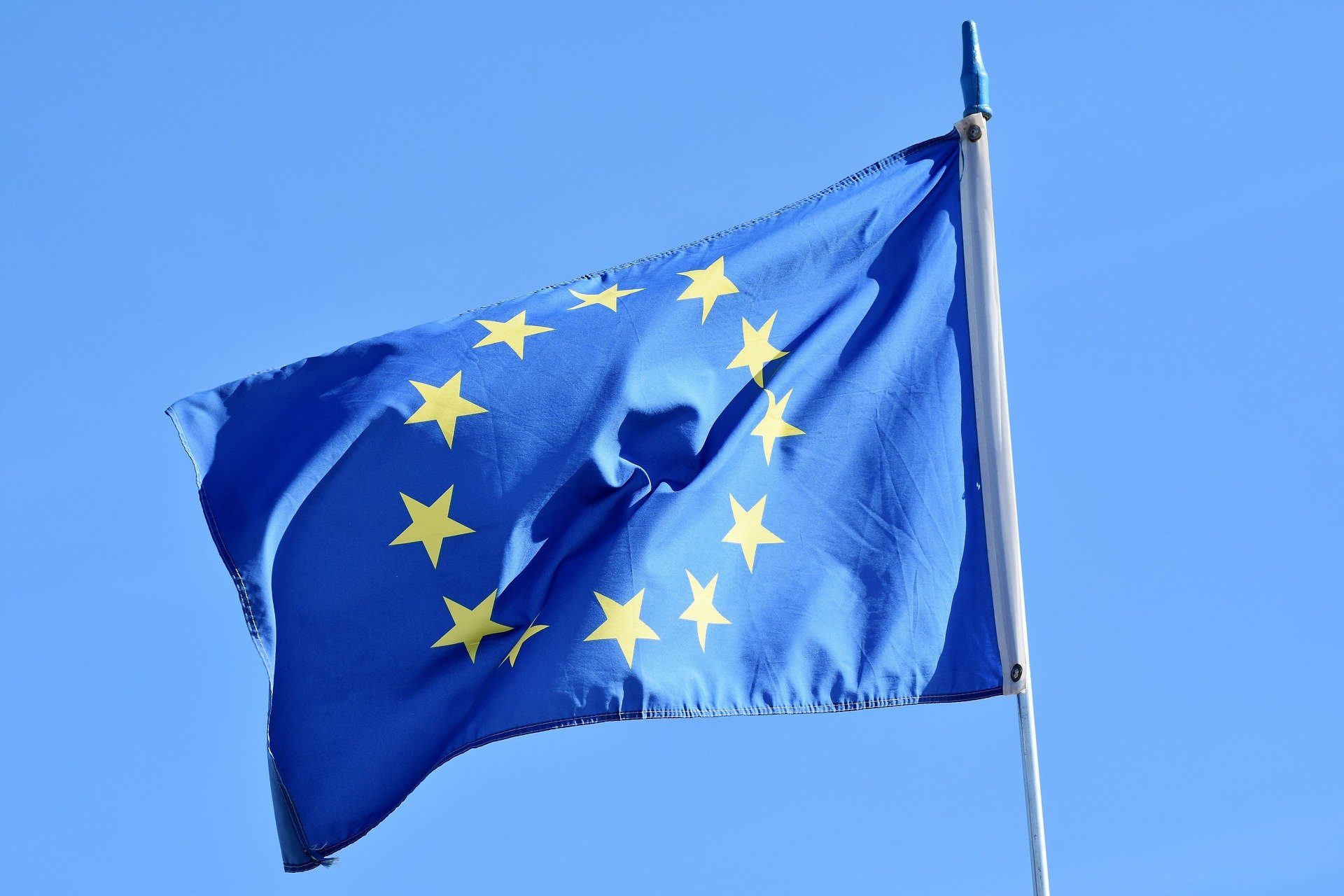The higher education institution can now teach European Union (EU) law in a program that’s never been taught before in the Gulf region.
Qatar University’s (QU) Center for Law and Development at the College of Law has been awarded the Jean Monnet Module funding, to deliver courses on EU law to students and professionals in Qatar.
The “Doha Courses on European Union Law” won in the competitive grant selection out of 1447 applications, making QU the first institution to teach the Jean Monnet Module locally and within the GCC.
QU’s EU law courses will be taught each year for the next three years, as the Jean Monnet programme has a minimum duration of 40 teaching hours per academic year.
“This will allow for better job placement of graduates and benefits for the national workforce and institutions, which will have a very positive impact on Qatari companies and institutions, thus contributing to the knowledge-based economy and the diversification of growth,” said Dr. Khalid Al-Shamari, Associate Dean for Academic Affairs of the College of Law.
The module focuses specifically on EU law and aims to build local interest in the topics taught for future knowledge and research in Qatar. The university will be delivering tailor-made courses on issues exclusively relevant to the EU that graduates can later utilise in their professional life.
Read also: Meet QU’s corona-fighting robot
Furthermore, the module aims to promote research, provide a unique teaching experience to educate the people of Qatar about European issues. This will help Qatar-based lawyers to develop skills and knowledge in EU law for trade purposes.
“We are immensely pleased to be awarded the Jean Monnet Module. The Centre plans to apply in the future for a Jean Monnet Chair – which will be the first Chair of this kind in a GCC member state. Following this, we hope to apply to become a Jean Monnet Centre of Excellence,” said Dr. Jon Truby, CLD’s director.
Students will first get an introduction to the EU’s legal history and institutions in order to later delve into a variety of legal areas of importance to the union. Among the topics included in the module are environmental protection and human rights, which are key pillars of Qatar’s National Vision 2030.
QU will apply for additional Erasmus+ grants, a leading EU education support, for further collaborations in the education field.
“It will allow improved collaboration with stakeholders and knowledge on the European Union, since stakeholders will better appreciate the education in the targeted courses, thus benefiting future students. It will also foster collaboration between the CLD, the College of Law and Qatar University and the European Union and academic institutions in European Union member states,” said Dr. Ioannis Konstantinidis, Assistant Professor of International Law at the College of Law.
The EU established bilateral relations with GCC countries through the 1988 Cooperation Agreement, which aims to facilitate political and economic relations while expanding trade opportunities.
Moreover, the GCC is the EU’s fifth-largest export market, with trade deals worth almost €152 billion.
Follow Doha News on Twitter, Instagram, Facebook and Youtube







